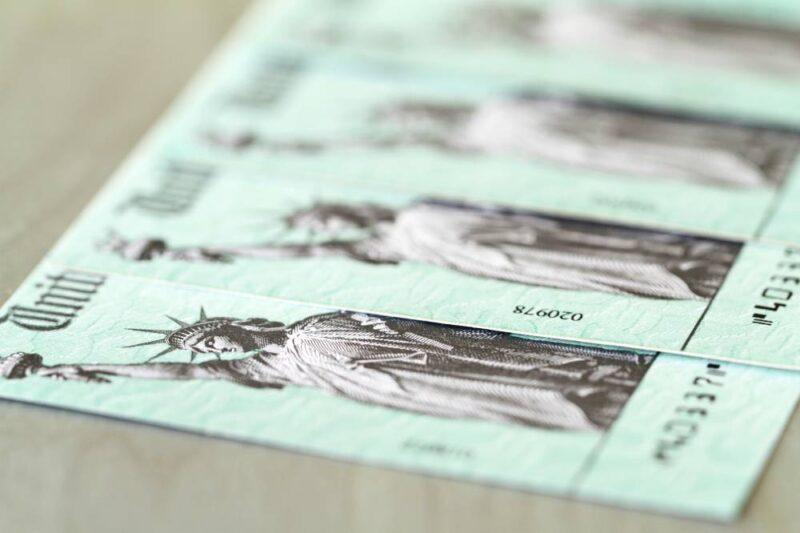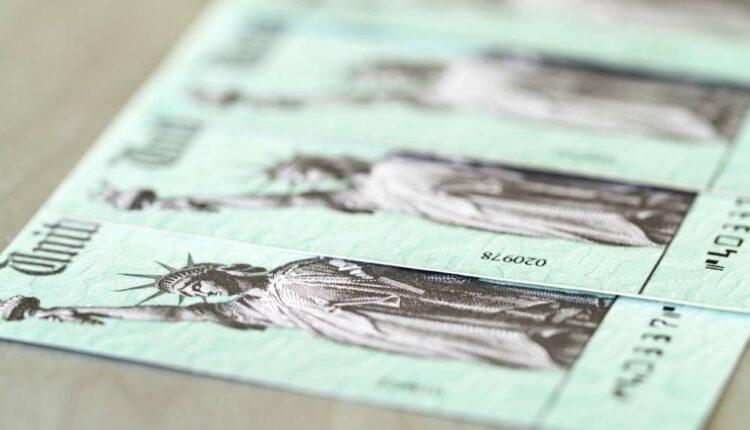
Americans are starting to receive their cash payments via direct deposits, part of the $2 trillion bill passed by Congress to stimulate the economy after the decline caused by the pandemic.
"#IRS deposited the first Economic Impact Payments into taxpayers' bank accounts today. We know many people are anxious to get their payments; we'll continue issuing them as fast as we can," the IRS tweeted on Saturday.
Numerous Twitter users also posted on Saturday that they had received a deposit.
More from NBC News:
Authorities work to keep Amish communities informed amid coronavirus pandemic
No federal relief: Cannabis businesses cry for help as coronavirus batters industry
British bakers reintroduce World War II bread in coronavirus fight
For those who do not have direct deposit information registered with the IRS, it could take months for checks to be mailed. The IRS is expected to roll out an online tool to help those that have not registered direct deposit do so.
The coronavirus payment is based on federal tax returns for 2019 or 2018, but the IRS is directing people who do not normally file taxes to an online tool to make sure they are included. That excludes Social Security recipients and railroad retirees, according to the IRS.
Americans who made less than $75,000 in 2019 will be eligible for the full payment of $1,200. Couples who filed jointly and made less than $150,000 will get $2,400. An individual who filed as "head of household" and earned $112,500 or less gets $1,200.
For every child in the household, an additional $500 will be paid.
For those that made more than $75,000, payments will be reduced by $5 for every $100 of income that exceeds the limits. The payment decreases to zero for an individual making $99,000 or more or a couple making $198,000 or more.
The maximum payment for a family of four is $3,400. The payment will not be taxed.
Owing back taxes or other debt to the government does not disqualify a person from being eligible for the payments. However, Americans who are overdue on child support could see their cash payments reduced or eliminated.
The CARES Act that authorized the direct payments only approved a one-time deposit. But additional legislation could be passed in the future.
President Donald Trump has said that he "likes the concept" of a second round of payments and House Speaker Nancy Pelosi, D-Calif., said on CNN last month that "we think we'll get more direct payments in another bill," suggesting that Congress could revisit the issue.
VIDEO0:0100:01How to determine eligibility for coronavirus stimulus checkThe Exchange
Source: cnbc.com

